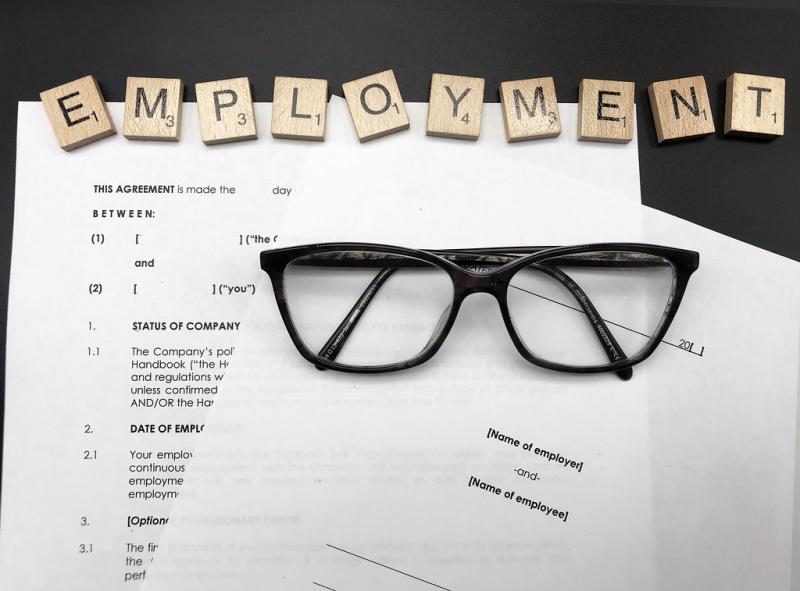
For people leaving the criminal justice system, perhaps the most important step to becoming a contributing member of the community is finding a job. So it is a huge failure when government puts unnecessary barriers in the way of former offenders looking for work.
Yet that is exactly what happens with occupational licensing boards. Currently, the Pennsylvania licensing boards and state agencies can blindly ban former offenders from jobs, regardless of whether their offense is particularly relevant for the job.
Legislators are working to change this, led by Senator John DiSanto (R-15). DiSanto is sponsor of Senate Bill 637, whose companion is House Bill 1477. This legislation will remove arbitrary barriers to employment imposed by government on the formerly incarcerated.
Many licensing and certification boards uniformly reject the formerly incarcerated without consideration of individual circumstances. While violent offenses and those directly related to a profession absolutely should prevent someone from getting a license, broad “good character” provisions go too far.
Additionally, people in prison or leaving the system who are training for jobs should know up front if their conviction will bar them from getting a license. It is important they do not waste time and money pursuing training, only to be blocked from working.
Detractors worry that this legislation could damage public safety by allowing former convicts to work in esteemed positions. In reality, the legislation does not prevent licensing authorities from looking into the criminal backgrounds of applicants. In fact, it makes robust provisions for considering offenses relevant to the job or license at hand. The bills merely end the practice of automatically disqualifying candidates with criminal records.
This effort is especially important in Pennsylvania. Despite the state’s high corrections spending, its recidivism rate remains stubbornly high: 60 percent are rearrested or reenter prison within three years. Offenders leaving prison face a host of obstacles that make successful reentry nearly impossible. It is common for newly released men and women to end up on welfare or back in prison because they are unable to support themselves.
SB 673/HB 1477 would be an important step forward in lowering recidivism and getting reformed convicts back into the workforce.
By eliminating arbitrary discriminations against former offenders, they have a much better chance to live productive, law-abiding lives rather than falling back into crime and poverty. As President Trump stated, “America is a nation that believes in second chances.” Pennsylvania lawmakers have done good work that follows this spirit. They can continue that with occupational licensing reform.

